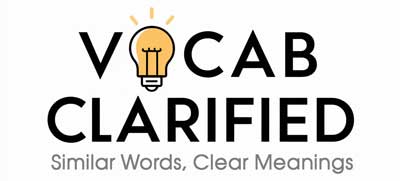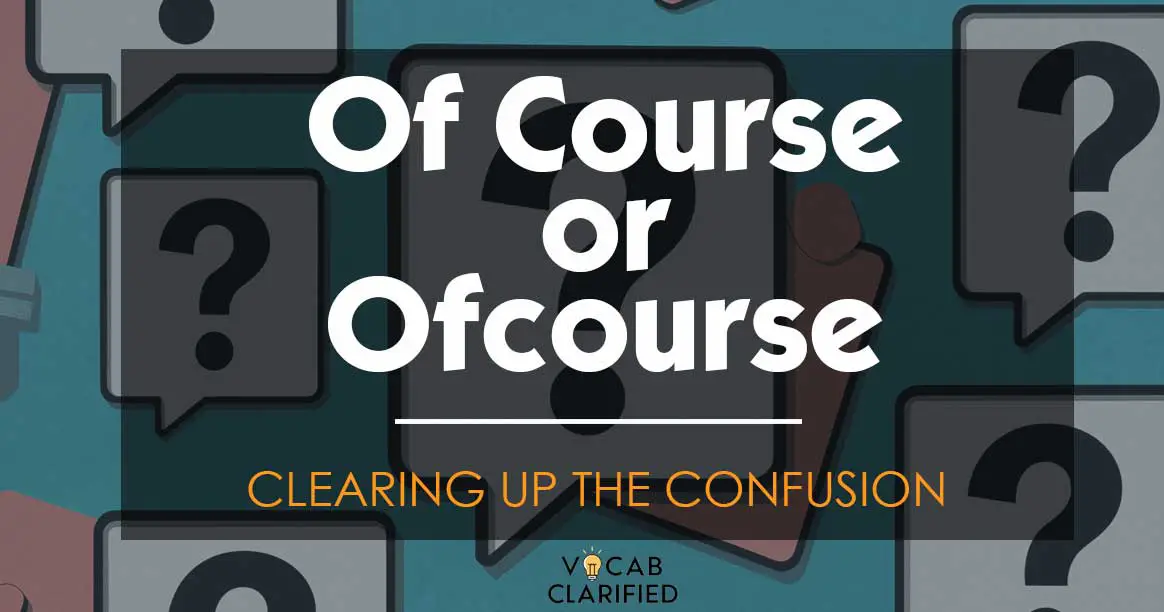Have you ever been texting or writing an email and found yourself wondering whether to use “of course” or “ofcourse”? It’s easy to see why these two phrases might cause confusion—they sound nearly identical, and it’s tempting to combine them into one word.
However, one of them is correct, and the other is a common misspelling. Let’s check the difference between “of course” and “ofcourse,” and find out which one should be used in formal and informal writing.
Understanding “Of Course” And “Ofcourse”
Of Course: Definition and Usage
“Of course” is a common English phrase used to express agreement, affirmation, or something that’s naturally expected. It is made up of two separate words: “of” and “course.”
For example:
- In response to a favor: “Of course, I’ll help you move!”
- In casual conversation: “Of course, we’ll be attending the event this weekend.”
“Of course” is used in both formal and informal contexts to signify certainty or agreement.
Ofcourse: Definition and Usage
“Ofcourse” as a single word is actually a misspelling. While many people mistakenly write it this way, the correct form is always “of course” as two separate words.
“Ofcourse” doesn’t exist in standard English, so it should be avoided in both professional and casual writing.
Side-by-Side Comparison
| Aspect | Of Course | Ofcourse |
| Definition | A phrase used to express agreement | Incorrect spelling of “of course” |
| Common Usage | “Of course, I’ll join you for dinner.” | Incorrect usage: “Ofcourse, that’s fine.” |
| Key Differences | Proper, standard English phrase | Not a valid English word |
When deciding between “of course” and “ofcourse,” it’s crucial to remember that “of course” is always written as two words.
If you find yourself typing “ofcourse,” it’s a typo that needs correcting.
Everyday Usage Examples
Here are some examples to show how “of course” fits into everyday language, while “ofcourse” is simply an error:
- Of course: “Of course, you can borrow my car for the weekend.”
- Of course: “She knew, of course, that the meeting was at 10 a.m.”
- Of course: “Of course, we’ll be there to support you.”
- Incorrect: “Ofcourse, I’ll finish the report by tomorrow.”
- Incorrect: “It was, ofcourse, a misunderstanding.”
- Incorrect: “Ofcourse, the answer is obvious.”
Conclusion
In summary, “of course” is the correct phrase and should always be used as two separate words to express agreement or something expected. “Ofcourse,” written as one word, is a common misspelling and should be avoided in both formal and informal writing.
Keeping this distinction in mind will help you communicate more clearly and professionally.

